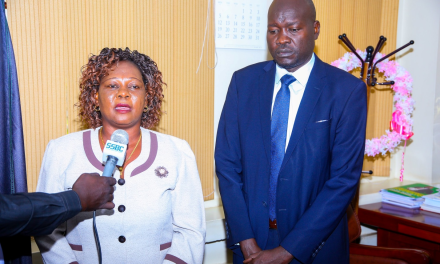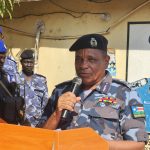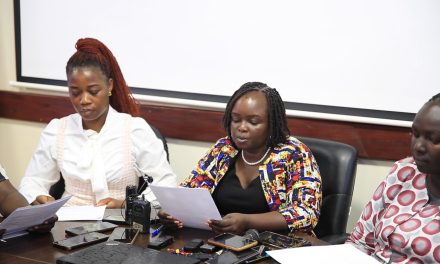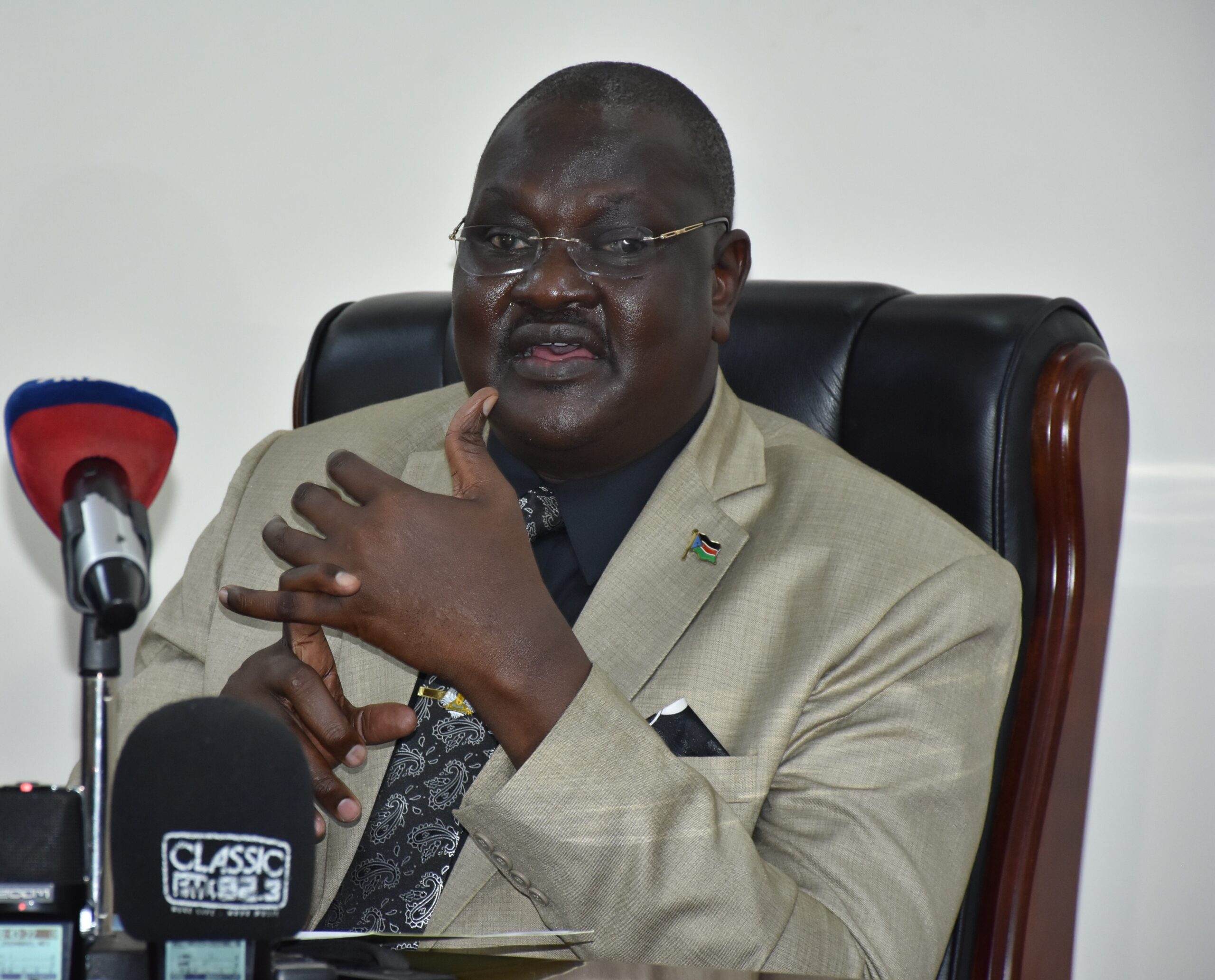
Over 30,000 people displaced in Pibor violence: UN
An estimated 30,000 people have been reportedly displaced following recent violent clashes by armed elements in the Greater Pibor Administrative Area (GPAA).
On 24 December, armed young men from Jonglei State attacked communities in parts of GPAA.
“People have suffered enough. Civilians – especially those most vulnerable – women, children, the elderly and the disabled – bear the brunt of this prolonged crisis,” said Sara Beysolow Nyanti, UN Humanitarian Coordinator for South Sudan in a statement issued on Thursday in Juba.
It disclosed that the violence has led to cattle raiding, destruction of properties, and displacement of thousands of people.
Adding some 5,000 internally displaced people, including women and children, have arrived in Pibor town after fleeing the conflict areas of Gumuruk and Lekuangole.
Nyanti said that humanitarian partners are providing much needed assistance to those affected by the violence.
She said the latest violence follows another massive displacement of civilians which was triggered by fighting mid-November 2022 in Fashoda County, Upper Nile State.
“The violence must stop. The whole humanitarian community calls upon all armed elements to immediately cease hostilities, respect international humanitarian law and protect civilians and humanitarian workers,” said Nyanti.
“Impunity is a perpetuating factor and root cause for conflict and insecurity. There must be accountability,” she added.
In 2023, a projected 9.4 million people will need humanitarian assistance and protection, and an estimated 2.8 million people are expected to face physical violence including, rape, and other forms of gender-based violence and will need protection assistance.
The UN humanitarian coordinator noted that protracted displacement has affected over 2.2 million people unable to return to their homes.
“I am deeply concerned about the continuous deterioration of people’s physical and mental well-being, living standards and coping mechanisms,” said Nyanti.
“Peace is the prerequisite for people to rebuild their lives,” she added.
Hamida R. Lasseko, UNICEF Representative in South Sudan, said humanitarian response to both GPAA and Upper Nile State are ongoing.
“The ongoing fighting has had an adverse impact on the overstretched humanitarian operations in South Sudan opening new gaps. “This puts additional strain on the humanitarian response and resources. We are forced to prioritize immediate lifesaving needs of the newly displaced population,” said Lasseko.
She said that the escalation of violence in areas across the country has left some vulnerable people fleeing for safety in various directions in desperate need of support.
Vulnerable people in South Sudan continue to suffer the cumulative and compounding effects of years of social and political instability, food insecurity, and climate-related shocks such as flooding.




































